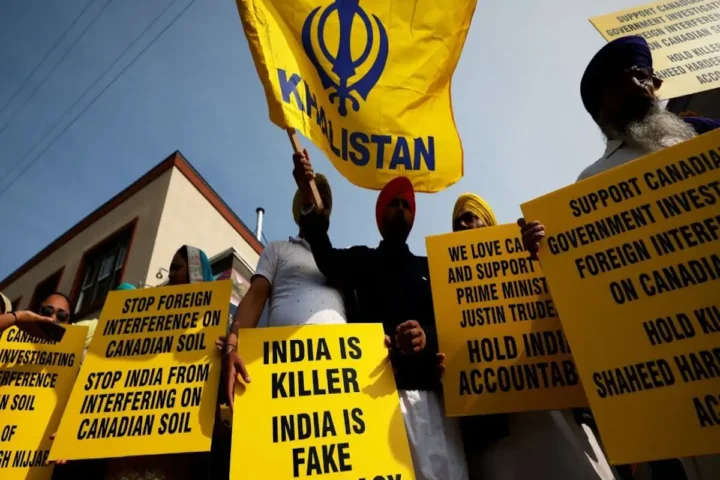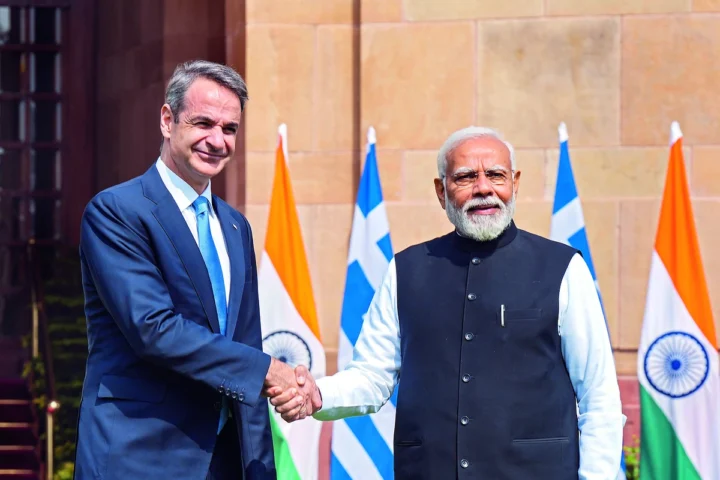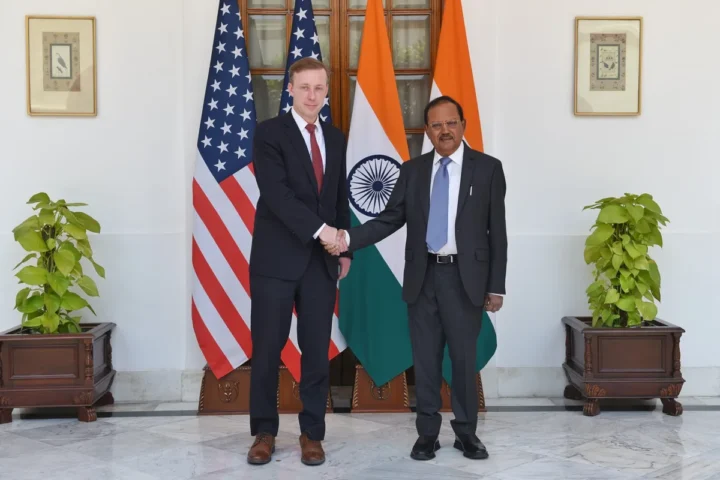In a surprising move, India has put forward an unprecedented demand, seeking four seats for every additional seat granted to Dubai-based airlines. This strategic negotiation aims to tilt the balance in favor of Indian carriers on international routes, sparking a complex discussion in the aviation sector.
Background
Typically, bilateral agreements govern international aviation, but India is pushing for a unique position. The country seeks to secure a more advantageous scenario for its airlines, particularly on routes to Europe and North America, currently dominated by UAE-based carriers.
Bilateral Air Service Agreement
The bilateral air service agreement signed between the UAE and India in 2014 allocated 66,000 weekly seats for flights between Dubai and 15 Indian cities. With both countries fully utilizing their quotas, India’s demand for an additional 50,000 seats for Dubai has stirred debates on fairness and market competition.
Flight Traffic Trends
Understanding flight traffic trends is crucial in this negotiation. Indian carriers predominantly offer point-to-point services to Dubai, while UAE-based airlines leverage their allocations for lucrative Sixth Freedom traffic to Europe and North America.
Competing Interests
The move is aligned with the Indian government’s effort to level the playing field for its carriers, such as Air India and IndiGo, which did not receive state funding during the COVID crisis, unlike UAE airlines. This protectionist stance aims to foster the growth of Indian carriers on medium- and long-haul routes.
Concerns and Criticisms
Air India’s CEO, Campbell Wilson, highlights concerns about excess capacity and the need to nurture the local market. However, Emirates and Turkish Airlines criticize these measures, emphasizing potential harm to consumers and the loss of revenue for carriers.
National Policy and Future Plans
The Indian government is concurrently developing a national policy to transform its airports into major international hubs. This policy aims to streamline processes, allocate international flying rights, and enhance infrastructure to position airports like New Delhi as competitive transit hubs.
Jotting it down
India’s demand for additional seats in exchange for Dubai-based airlines opens a new chapter in aviation negotiations. As the discussions unfold, the blog will continue to track developments, providing insights into the evolving dynamics and the potential impact on the global aviation landscape. Stay tuned for updates on this intriguing negotiation between two aviation giants.







